
4 minutes read
PHP's double question mark, or the null coalescing operator
Table of contents
Introduction
PHP gives us two helpers for safe defaults: the null coalescing operator (??) and the null coalescing assignment operator (??=). ?? arrived in PHP 7.0, and ??= arrived in PHP 7.4. I use ?? every day to pick a clear fallback when a value might be missing.
The null coalescing operator (??), or the double question mark
The null coalescing operator, or double question mark, was introduced in PHP 7.0 and helps you write cleaner, more readable code. It’s represented by two question marks ??.
Let’s say you want to get a value from a variable, but if that variable is not set or is null, you want to use a default value instead. You can use the ?? operator to do this in one step.
For example:
$name = $_GET['name'] ?? 'Unknown';
This line of code will set $name to $_GET['name'] if it is set and not null. Otherwise, it will set $name to “Unknown”. Because ?? uses isset semantics, it does not trigger notices for undefined variables or array keys.
You can also chain them together like this:
$foo = $foo ?? $bar ?? 'baz';
This will check $foo first, then $bar, and use “baz” if neither is set and not null. Note that ?? preserves values like 0, false, and ''. For example, 0 ?? 1 returns 0, while 0 ?: 1 returns 1.
- Quick contrast: the shorthand ternary (Elvis) operator
?:checks truthiness, while??checks only for null or unset and avoids notices for undefined keys.
The null coalescing assignment operator (??=), or the double question mark equals
PHP 7.4 introduced a new shortcut, ??= (double question mark equals), also called the null coalescing assignment operator. It sets a variable to a value only if it is not set or is null.
Here is a simple example from a utility function:
function do_something(DateTime $from, ?DateTime $to = null) { // Using the ternary operator. $to = $to ? $to : new DateTime(); // Using the Elvis operator. $to = $to ?: new DateTime(); // Using the null coalescing assignment operator. $to ??= new DateTime(); // Do something. }
This sets $to to a new DateTime instance only if it is not already set (or is null). For forward compatibility with PHP 8.4’s deprecation of implicitly nullable parameters, make the parameter explicitly nullable as shown with ?DateTime $to = null (RFC). Also, new DateTime() is the same as new DateTime('now'), so the no-argument form is shorter (manual). If you prefer immutability, you can use DateTimeImmutable instead.
Key differences: ?? vs ?:
?:(the Elvis operator) checks truthiness and can override0,'', orfalse.??checks only fornullor unset and avoids notices.
Common pitfalls and operator precedence
??has low precedence. When mixing it with concatenation, arithmetic, logical operators, or the ternary operator, add parentheses. Example pattern:$greeting = 'Hi ' . ($name ?? 'friend');. See the operator precedence list for details (reference).- With arrays or user input, prefer
??to avoid an undefined index notice. This is a clean alternative toisset(...)checks (think “isset vs null coalescing”). If you are on PHP 8.0+, also look at the nullsafe operator for safe property access.
FAQ
Does ?? trigger notices for undefined keys?
No. It uses isset semantics, so $_GET['name'] ?? 'Unknown' will not raise a notice even if 'name' is missing.
What is the difference between ?? and ?: in PHP?
?? checks only for null or unset. ?: checks truthiness and may treat 0, '', or false as false and use the fallback.
Conclusion
Use the PHP null coalescing operator (??) to read values with safe defaults, and use the null coalescing assignment (??=) to set a value only when it is missing. Keep in mind that ?? differs from ?: by checking for null or unset, not truthiness, and that parentheses help when you mix operators. I reach for ??= when I want to provide a default in place and keep the code simple.
Did you like this article? Then, keep learning:
- Learn how to check PHP version using multiple methods
- Enhance Laravel and PHP debugging with practical helpers
- Simplify Laravel upgrades with a step-by-step guide
- Understand Laravel architecture best practices for better collaboration
- Boost PHP projects using OpenAI and GPT integration techniques
- Stay updated with the latest PHP features and releases
- Learn about upcoming PHP changes in version 9.0
- Improve PHP array handling and filtering techniques
- Master error handling in PHP to write robust applications
- Explore Laravel's command-line interface to speed up development
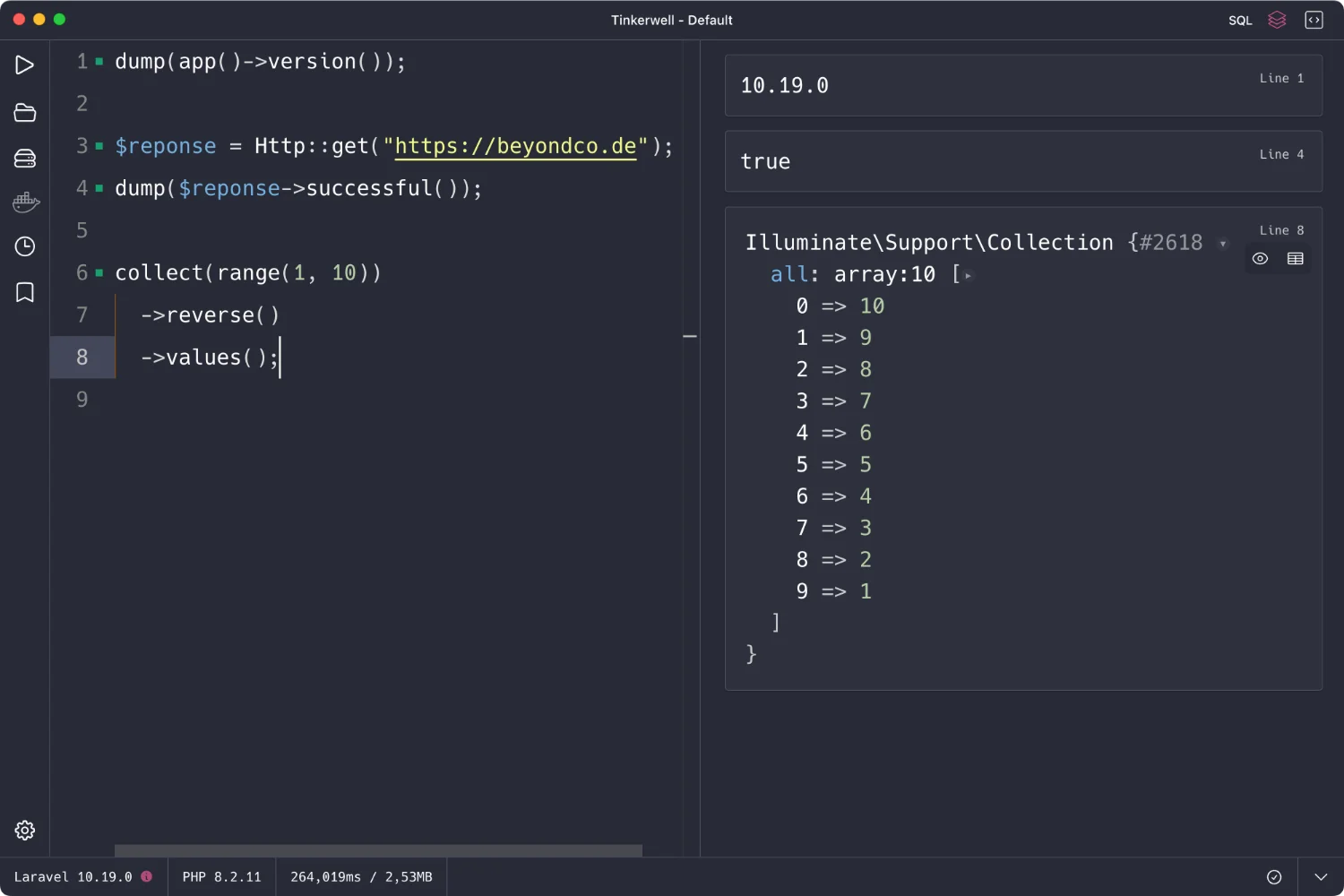
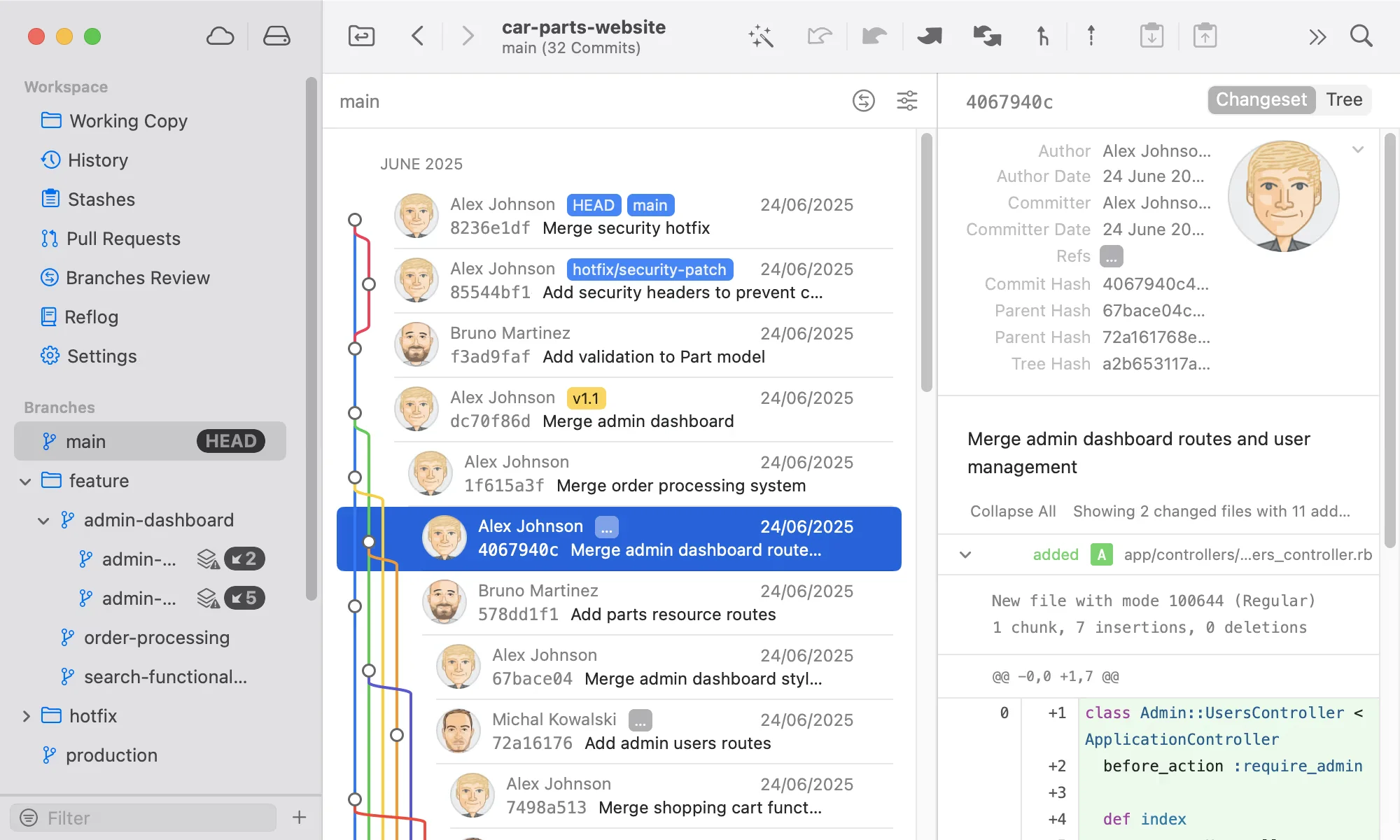
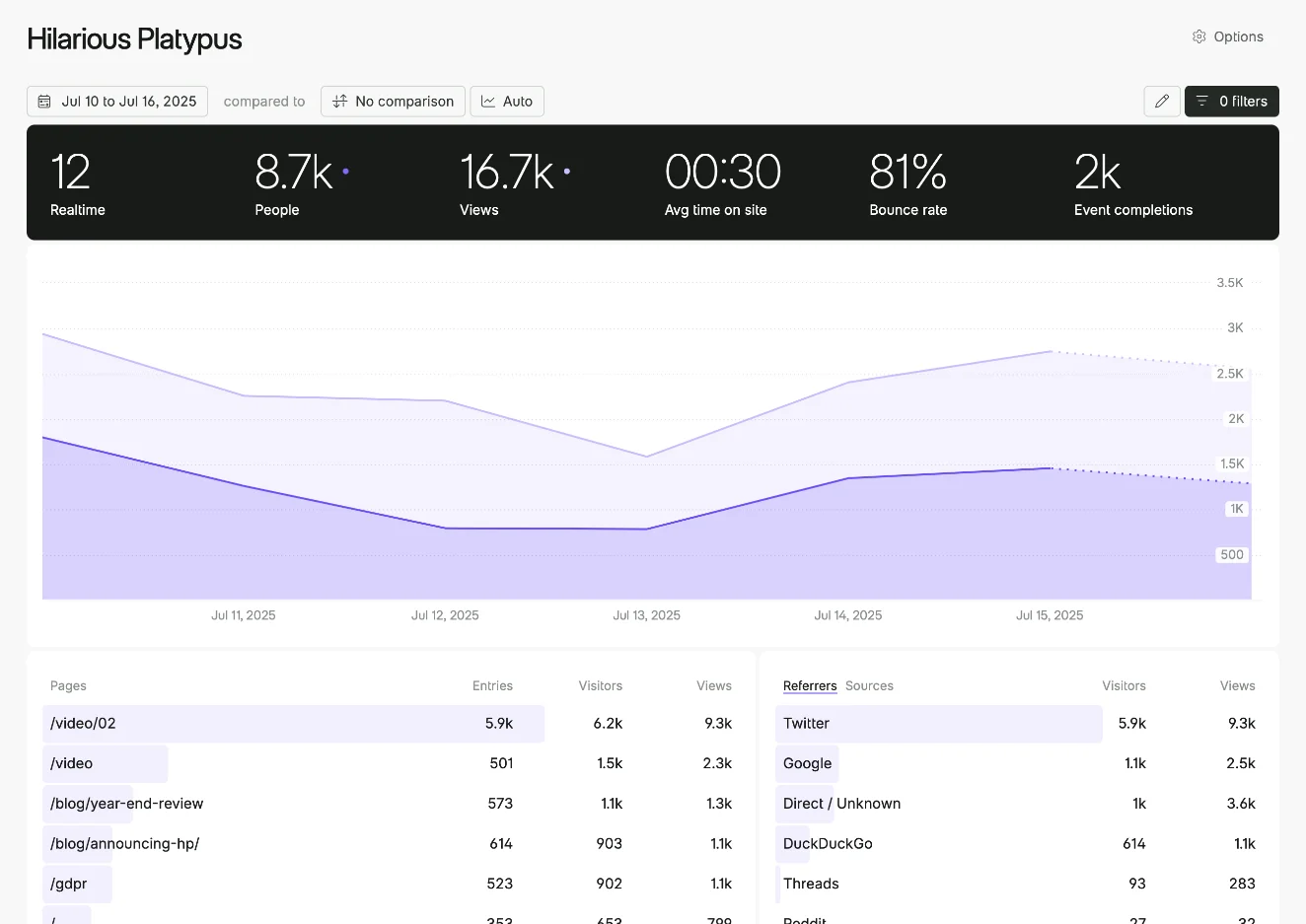
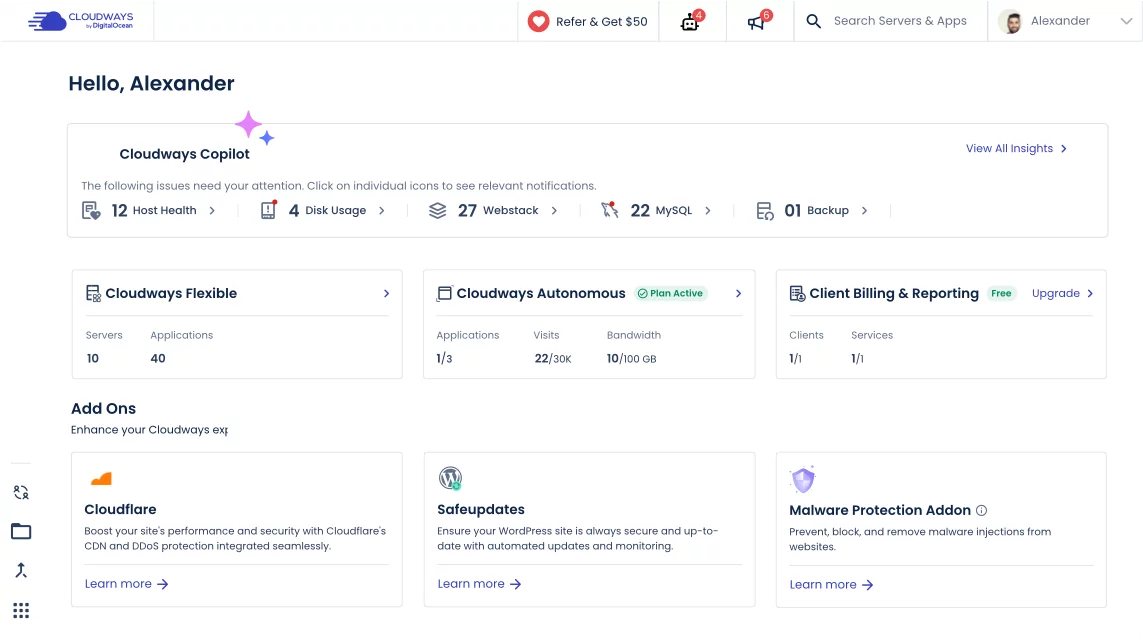

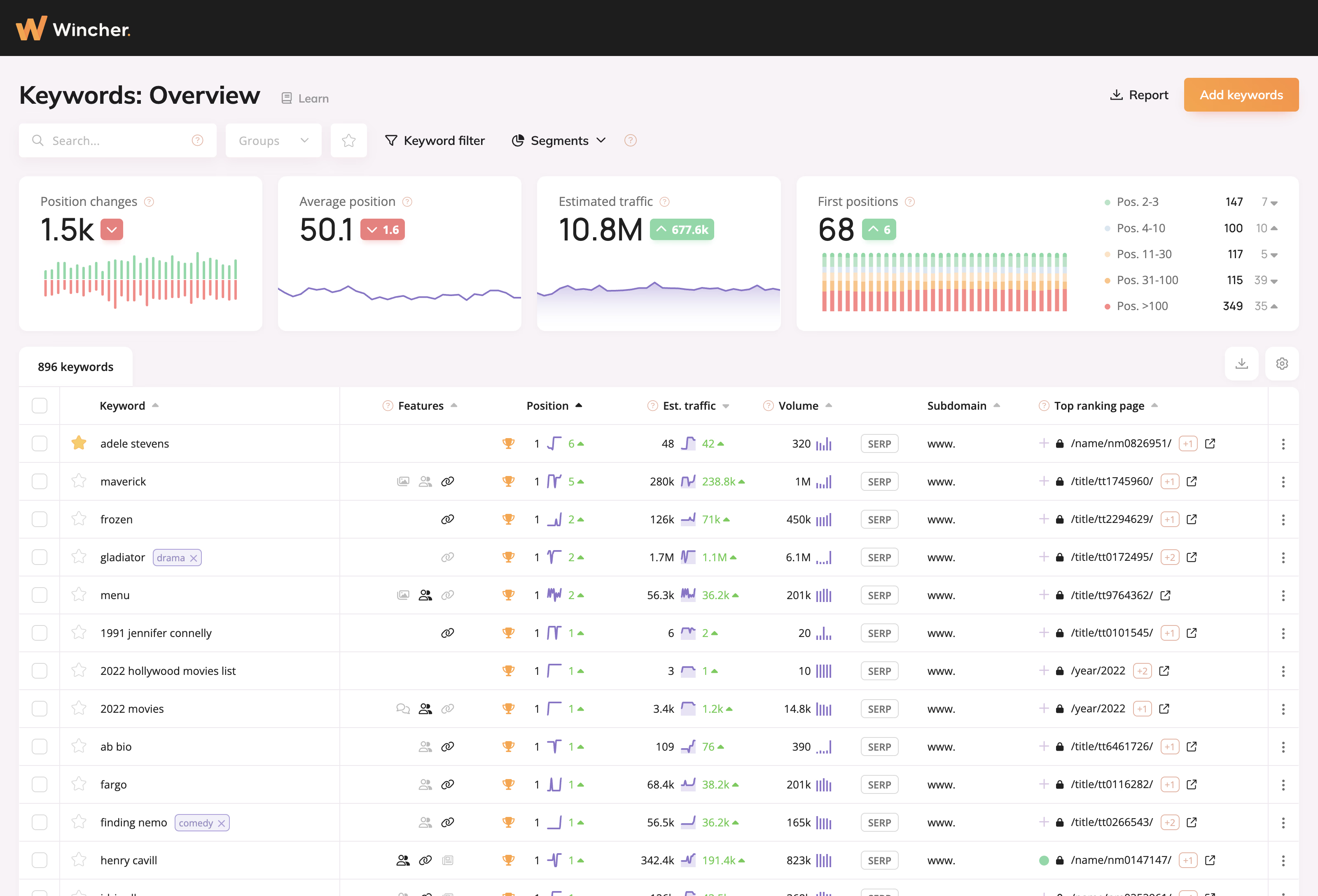
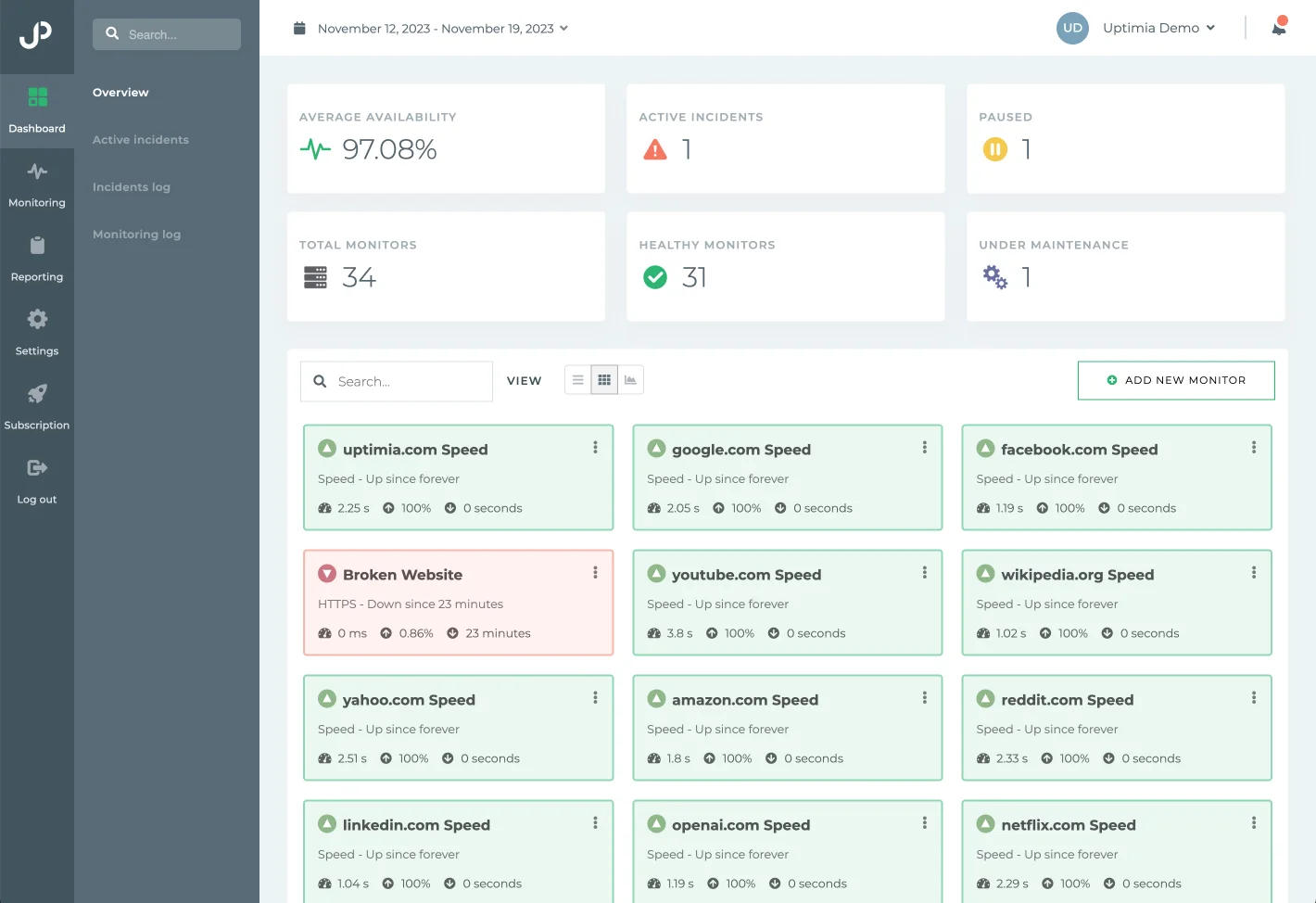
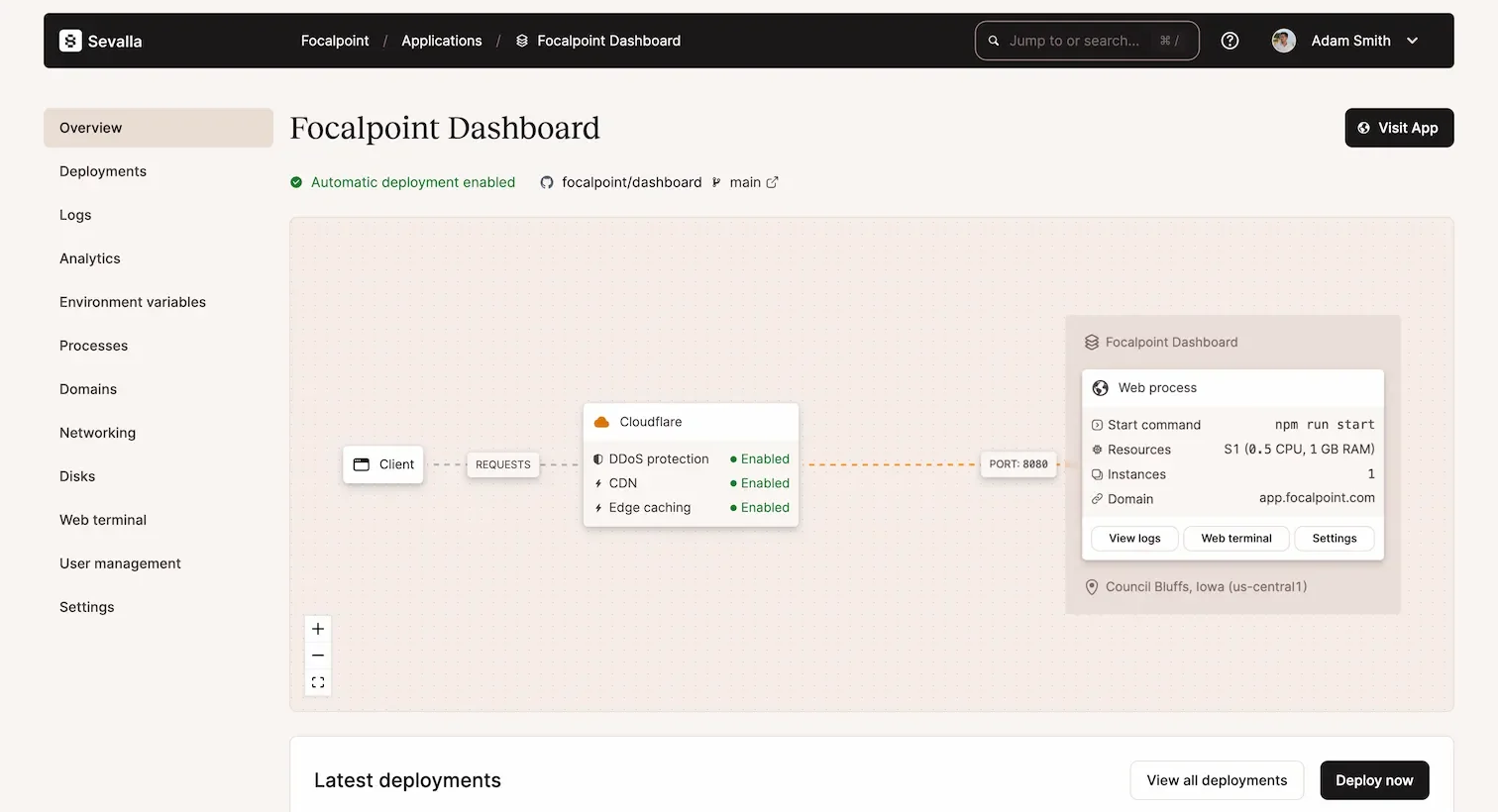
0 comments